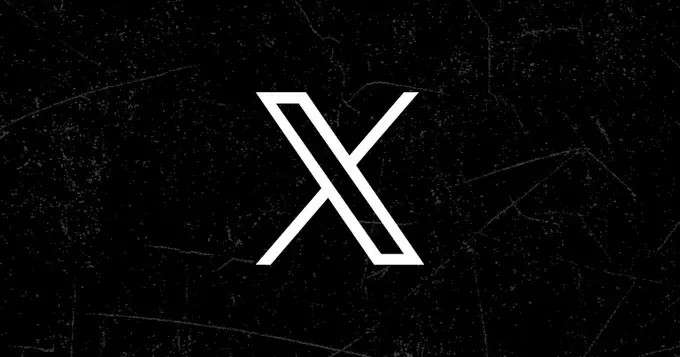In the evolving landscape of global technology regulation, the spotlight beams on Elon Musk’s social media platform, X, as it stands on the precipice of an unprecedented $1 billion fine proposed by the European Union. This isn’t simply an economic issue; it represents a staggering confrontation between the ideals of freedom of expression, technological innovation, and the ever-mounting pressure for regulatory accountability. As Musk navigates the treacherous waters of compliance and public perception, one cannot help but wonder if he is a leading innovator or merely a captain steering a ship into stormy seas.
Regulatory upheavals, such as the EU’s Digital Services Act (DSA), expose the friction between American entrepreneurial spirit and European regulatory frameworks. The implications extend beyond X; they sketch a caricature of the inherent tensions between two distinct approaches to governance. The EU’s stringent measures aim to clamp down on misinformation and misleading content, suggesting that their vision of the digital realm prioritizes collective responsibility over autonomous liberties. This presents a critical juncture—what is the potential cost of unrestricted speech?
The Spotlight on Content Moderation Failures
X’s content moderation practices have ignited a controversy that has far-reaching consequences for democracy and public trust. If the platform is found negligent, one must ask: are digital giants beholden to adhere to varying international standards of truth? The EU’s inquiry into X not only exemplifies the challenges faced by the platform but also highlights a broader societal worry: the spread of misinformation could erode public faith in democratic institutions.
It’s important to remember that the power to regulate content carries with it a hefty moral responsibility. Is X prepared to grapple with the ethical implications of its inaction? While regulatory bodies may impose fines as a form of accountability, it raises the question of whether such actions will truly resonate with users or simply result in operational band-aids that fail to address the core issue.
Remaining competitive in a saturated market relies heavily on public trust—trust that is jeopardized every time a false narrative seeps through the cracks. The implications of failing this test extend beyond immediate financial penalties; they could amount to a crippling blow to X’s brand integrity and user base.
The Political Chess Match
As Musk finds himself cornered by European regulators, the political backdrop adds yet another layer of complexity. The burgeoning alliance of Musk and former President Donald Trump showcases how personal interests coalesce with larger geopolitical narratives. Trump’s opposition to the DSA underscores a reactionary sentiment within the U.S. against what is perceived as unwarranted foreign intervention that threatens American business interests. This dual narrative of innovation against stifling regulation stirs the pot for a highly engaging and polarizing political discourse.
It’s fascinating how this potential fine is interwoven into a larger fabric of transatlantic relations. The outcomes may not just dictate the future of X but could reshape how the United States perceives the balance of international regulatory practices against free market principles.
The Financial Tightrope
Just as this narrative heats up on the political front, X is facing its own financial odyssey. With dwindling advertising revenues and Musk’s latest venture to merge X with xAI, the question emerges: can this platform endure a substantial financial hit? Regulatory mandates often come with unforeseen costs, and Musk’s repertoire of bold business moves might be tested with this impending confrontation.
Imagine attempting to navigate your company through fluctuating income streams while preparing for a financial war with the EU—that’s the real-world complexity that tech leaders like Musk face. Is a legal battle worth the potential ramifications on cash flow, reputation, and the future sustainability of X?
If compliance and regulatory changes pose a significant burden for X, it brings forth a larger existential question: can digital platforms adapt effectively in a fast-paced environment fraught with uncertainty?
The Path Forward: Innovation Versus Regulation
Musk finds himself at a crucial crossroad, where innovation clashes with the demands of regulatory compliance. This presents a paradigm shift, not only for him but for the larger tech ecosystem. There lies an arduous task ahead: to not only defend his platform against these regulatory challenges but also to rethink how X operates.
Will this confrontation between Musk’s audacity and EU regulatory frameworks catalyze systemic change in digital governance? The stakes are escalated. While one side preaches efficiency and innovation, the other emphasizes accountability and safety. It creates an atmosphere ripe for contention, setting the stage for a transformative narrative that may redefine the global tech landscape for generations to come.
The fight for survival in the digital age will be characterized by this very dynamic: the relentless push toward regulatory oversight versus the unyielding spirit of innovation. It may well be that Musk’s strongest ally against European scrutiny is his ability to innovate under pressure, but the question remains whether that ally can withstand the regulatory onslaught looming at the horizon.









Leave a Reply